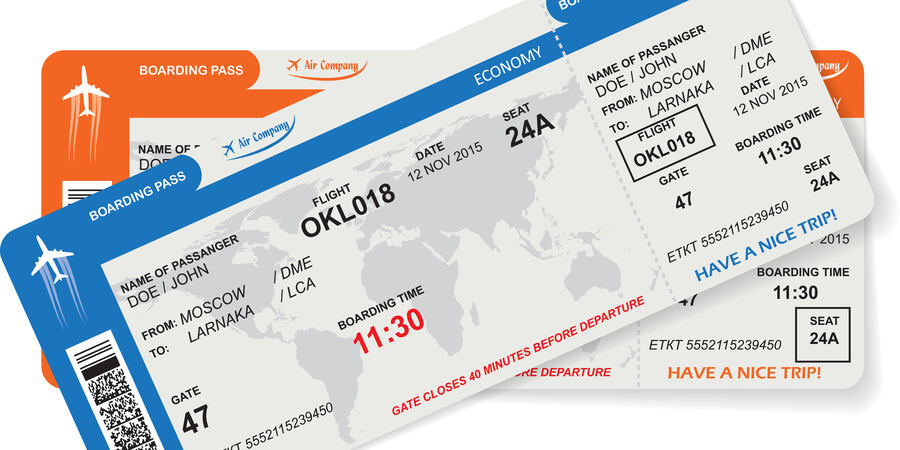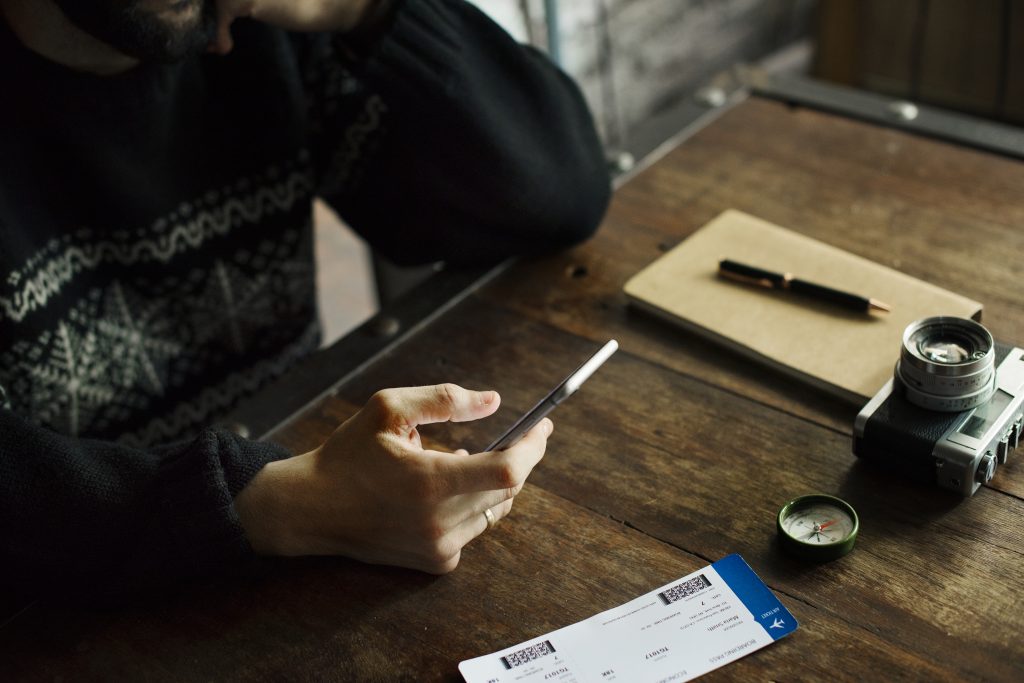Managing Unused Flight Tickets in Business Travel
Business travel plans often shift due to last-minute meeting changes, staffing issues, or revised corporate strategies. Sometimes, the disruption isn’t even on the company’s side—flight cancellations, weather disruptions, or operational changes by airlines can all derail a trip. In such cases, unused flight tickets can significantly inflate the actual travel budget. For travel managers, it’s critical to understand how to handle unused tickets efficiently, minimize losses, and secure refunds or credits wherever possible.
What Is an Unused Flight Ticket?
An unused flight ticket refers to a booked ticket that goes unutilized due to cancellations or changes in travel plans. While many such tickets are non-refundable, informed and proactive travel managers can often recover part or even all of the cost.
There are two common scenarios:
1. Airline-Initiated Cancellations
Airlines sometimes cancel flights due to operational issues, adverse weather, political unrest, or mechanical problems. In these cases, passengers are usually entitled to either a full refund or a free rescheduling option.
2. Traveler-Initiated Cancellations
Business trips can change suddenly due to unexpected meetings, staff turnover, or personal emergencies. When the traveler cancels, getting a full refund is trickier—especially if the cancellation happens within 24 hours of the scheduled departure. Most airlines have strict refund policies in such cases.
What Can You Do with an Unused Airline Ticket?

A smart travel manager can turn a seemingly sunk cost into a partial or full refund. Here are actionable steps:
1. Know Your Refund Rights
Every airfare consists of a base fare and additional charges like taxes, fuel surcharges, and processing fees. Even for non-refundable tickets, many airlines are obligated to refund certain components (such as taxes and service fees), especially if the cancellation is traveler-initiated.
In cases where the airline cancels the flight, passengers are legally entitled to a full refund or alternative arrangements. Always read the fare rules or consult the airline’s customer service.
2. Use Unused Ticket Credits
Many airlines offer travel credits instead of refunds for unused tickets. These credits are typically valid for 10–12 months and are issued in the name of the original traveler. It’s important for travel managers to track expiration dates and plan future bookings accordingly, especially since name changes are rarely allowed.
3. Request Refund Vouchers
If direct refunds are unavailable, try to secure vouchers for future use. These can still help reduce the cost of upcoming trips. However, remember that vouchers have short validity periods, so act quickly to redeem them.
Tips to Prevent Unused Flight Ticket Losses
1. Book Refundable Tickets
While non-refundable tickets are cheaper, they carry the risk of total loss in the event of cancellation. For business travel, it’s often wiser to pay a premium for flexibility.
2. Implement Automated Ticket Tracking
Use travel management tools that can monitor unused ticket balances, expiration dates, and refund eligibility. Automation reduces manual effort and improves compliance with budget controls.
3. Choose Customer-Friendly Airlines
Prioritize airlines known for responsive customer service and flexible change/cancellation policies. Airlines with business travel support services often offer better options during emergencies or sudden plan changes.
Conclusion
Companies lose an estimated 5–7% of their annual travel budget due to unused airline tickets. A robust strategy for managing these tickets can recover thousands in costs and reduce accounting errors. Always compare refund policies, consider refund-friendly fare options, and utilize automation to track unused credits. Being proactive in unused ticket management ensures better cost control and increased ROI for corporate travel.
Unused Flight Tickets FAQs
Q1. When is a full refund possible for a flight ticket?
A: Full refunds are possible if the airline cancels the flight or if the traveler cancels at least 48 hours before departure.
Q2. Can travelers receive partial refunds on unused tickets?
A: Yes. Fees and taxes are often refundable even if the base fare is not.
Q3. What happens if the airline cancels the flight?
A: The airline usually offers a rebooking or a full refund to the affected passenger.
Q4. Can unused ticket credits be transferred to another traveler?
A: Usually no. Most airlines issue credits in the original traveler’s name. Some airlines allow name changes for a fee.


